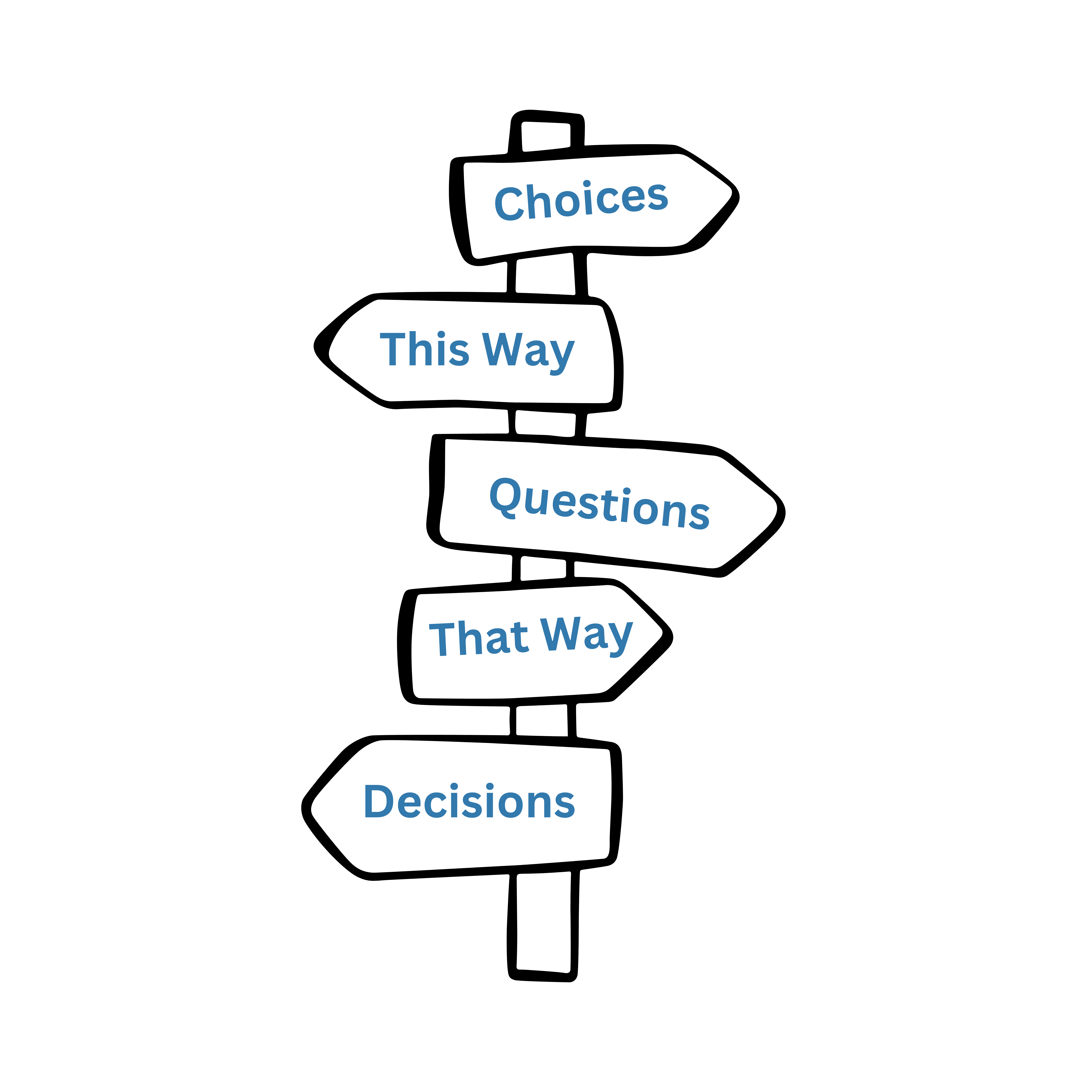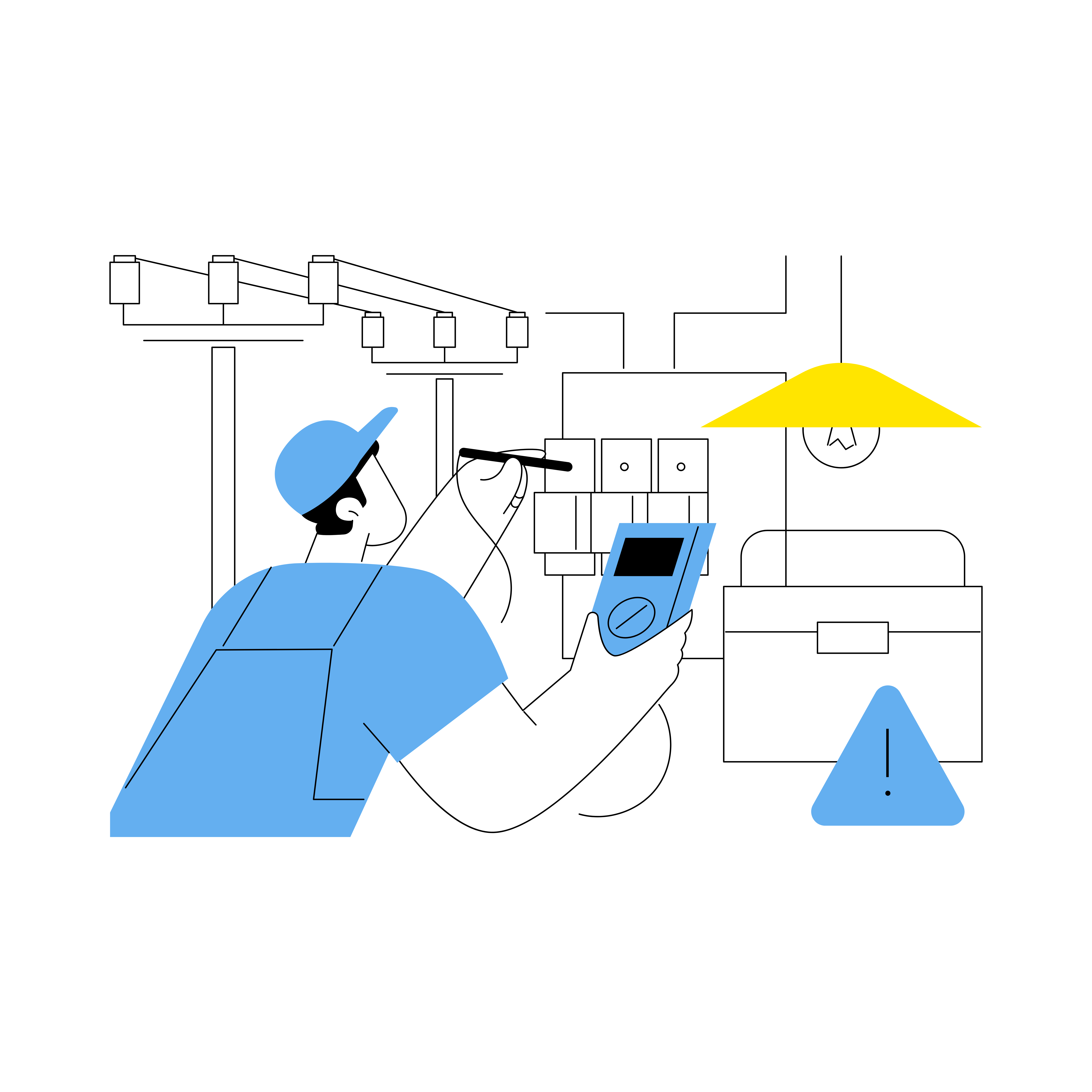Join me...
Exploring Options After GCSEs: A Guide to Career Pathways for Students
Hi,
I’m Alix and it’s my mission to help as many of the next generation as possible work in jobs that meet their passion and purpose, making them happy and fulfilled adults. Providing support and hand holding where they may not have any.
With no support myself, I took the wrong path at the crossroads you’re facing now, and I want to help you take your right path, know the choices you have.
So, grab a snack (always recommended in my articles!) read on and join me in making sure you’re one of the new generation of adults working in a job you love, reaching your potential…

After GCSEs…
You know I bet that, if you did a survey, you’d most likely find that most people aren’t doing what they love and, with the hours you’ll spend working every day, week, month, and year, wouldn’t it be perfect for you to nail this down early?
Make sure you’re walking into a job you love?
Know that the learning and knowledge you’re gaining every day right now will ultimately give you the life you deserve?

How motivating would that be?
So many options…
Completing your GCSE exams is an important milestone in your career journey and, as the exams end, you’re faced with several exciting options for further education and/or career paths.
Note: on completing my ‘O’ Levels (as GCSEs were called then) I had no support or idea what came next. No idea of the choices there were or what they meant. What path would be the best one for me. The result? I stayed on for sixth form because my friends were.
Towards the end of sixth form (a full two years later) I had one of those ‘lightbulb’ moments when a chance event showed me that going to college would have set me on the right path that two years earlier. By the time I realised it my father refused (adamantly) not to pay for me to go to college and study what I needed to.
If only he’d spent as much time guiding me at the right time as he did lecturing me on the waste of two years I’d have been on the right path already, not asking for help. The clues were there in black and white in my school reports, I just didn’t know it.

The world needs all types of people, from brain surgeons, beauticians, astronauts, school teachers, to IT programmers, vets, cartoonists and a mindboggling choice in between, each requiring a different learning path.
There’s no right and wrong, just what path is right for you.

In a lot of articles, I use the image of a car driving down a road.
Taking the right route and keeping your hands on the wheel you will drive towards the future you deserve.
Taking a side road or not keeping your hands tightly on the wheel will either take you in the wrong direction - from which you may never get back on the right road - or you could end up in a ditch, working at something you don’t enjoy but from which it proves too much effort to back out of.
This article sets out various options which you can choose from to continue your career path, along with suggestions for what to consider so that you can make the right decision.

So, let’s get started.
Considerations for decision-making…
The next stage of your education will build on what you’ve learnt already and entail more in-depth studying. However, you narrow down which subjects you take even further.
In my book, ‘I am Choosing my Options’ I set out in detail how to identify your passion and purpose, critical to follow the right path for you. If you didn’t get to read it, ask if your school has a copy in the library and use the relevant chapters to help you narrow these down.
When deciding on the best option for you there are several factors to consider.

Let’s start by asking the following questions:

On re-evaluating your passion and purpose are you where you need to be?

Are the subjects you chose still what you want to study?

Which still hold your interest, the ones you really enjoy and want to learn more about?

Do they make you want to go into a classroom to see what you’ll learn today?

Do your GCSE grades, or expected grades, reflect your enthusiasm for the subject(s)?

Did they overwhelm or bore you?

Are they still in line with your long-term goals?
If you don’t know how, why or what setting goals can do for you, read my article imaginatively called ‘Why, How and What Happens When you Set Goals’.

More questions to ask yourself are:

Which subjects will bring you closer to your ideal profession?

Do you know what your ideal job is? The one you know you will want to get up in the morning, eager to start?

The one that will give you job satisfaction?

Do you like studying in a classroom or is a practical approach more your preference or what is needed to get you where you want to be?
All the above answers are pointers to the best way for you to move forward.
Next step…
After pinning down your passion, purpose and goals, seek advice from teachers, career counsellors, and professionals in fields that interest you. Ask if they believe you can achieve the level of education needed to keep on the path you want.
They will have knowledge to guide you, especially if they’ve already taught you that particular subject.
Research the pathways you’ll need to travel down, course structures, length of study and entry requirements. Some of the routes set out below overlap and you can choose different paths but achieve the same result.

Note: if the qualifications will be a struggle, consider doing a job around your choice, ie if you want to be a vet and the level of academic study or financial considerations will be a challenge, think about becoming a vet’s assistant, you’ll be providing invaluable support, achieve enormous job satisfaction while protecting your mental health.
Attend open days at colleges, sixth forms, and specialised institutions to gain insights to make informed decisions.
Consider any financial aspects, such as tuition fees and potential scholarships.
A-Levels and sixth form colleges…
One common route after GCSEs is pursuing ‘A’ Levels (Advanced Levels) either in your current school or at a sixth form college.

A-Levels are generally studied over two years, with a wide range of topics on offer, providing in-depth study of specific subjects. They’re often a requirement for university admission.
Providing an educational foundation, they allow you to specialise in the subjects of your choice, giving you good grounding.
By narrowing down further which subjects you go on to study, you’ll have more time to devote to your passion and purpose, something you should really feel you look forward to.
Research different sixth form colleges and what courses they offer to find the right one for your interests and aspirations.
Vocational courses and BTECs…
You can also investigate taking A-Levels while taking vocational qualifications.
With the advance of the internet, it’s possible to study courses in the evenings, or many vocational/apprenticeships allow you to go to college 2/3 days a week to get the formal qualifications you need, while gaining valuable experience.

Vocational courses, such as BTECs (Business and Technology Education Council), provide a more practical and skills-oriented approach to learning and can be offered by your school’s sixth form or colleges, however you could find yourself studying, for instance, on a farm or in a workshop.
These courses focus on particular industries, or sectors and offer hands-on training, preparing students for specific careers.
BTECs are equivalent to A-Levels in terms of qualification and are recognised by employers and universities alike.
T-levels…
There is also a newish qualification in England called T-levels. Like A-Levels they’re two-year courses and are equivalent to three A-Levels. With these, you can spend 20% in placements, ie on a farm or in industry, with the remaining 80% spent in a classroom.
International Baccalaureate…
The International Baccalaureate (IB) Diploma Programme is an internationally recognised qualification that offers a universal education.

It consists of a range of subjects, including languages, sciences, humanities, and arts, fostering a well-rounded education.
The IB programme encourages critical thinking, research skills and community involvement and is highly regarded by universities worldwide.
Apprenticeships and work-based learning…
Apprenticeships provide a unique opportunity to combine on-the-job training with academic study.
They allow you to learn practical skills and gain experience in a workplace while working towards a recognised qualification, you also earn wages while learning.

Apprenticeships are available in a wide range of industries and can lead to long-term employment opportunities or, in some cases, university qualifications.
Research apprenticeship programs and find out if any align with your career interests.
Further education colleges…
Further Education (FE) colleges offer a variety of courses beyond GCSEs, including vocational qualifications, apprenticeships, and foundation courses.
FE colleges provide a flexible learning environment, catering to diverse interests and career paths. They can be a stepping-stone to higher education or direct entry into work.
Work experience and internships…
Gaining work experience and internships can be valuable for career exploration and skill development.
This hands-on experience provides real-world insights, helps you build a network of people who could help you and enhances your employability.
Look for opportunities to shadow professionals in fields you’re considering.

Investigate internship programs or reach out to local businesses for potential opportunities.
Gap year and volunteering…
After the pressure of taking GCSEs, some students may choose to take a gap year to explore new experiences, gain valuable skills, or to travel.
A gap year can involve volunteering, interning, or working abroad, which can broaden perspectives and enhance personal development.
Plan your gap year activities carefully to ensure they align with your long-term goals.
Remember that coming out of the learning environment could prove difficult to go back into, so consider this route carefully.

I’ve written a separate article on taking a gap year and, if you’re considering this, it would be worthwhile to read it.
Personal development and continuous learning…
Regardless of the path chosen, personal development and continuous learning should remain a priority.
Explore online courses, workshops, or community programs that align with your interests and career goals.
Develop transferable skills such as communication, problem-solving, and critical thinking, which are valued by employers in any field.

Conclusion…
After GCSEs, there are a range of options to choose from for further education and career pathways. Thorough research and thoughtful consideration are crucial.
Explore your interests, seek guidance, and make informed decisions that align with your long-term goals. Don’t lose sight of your overall aim, the one that will give you the life you deserve.
Whatever you decide is best for you, remember that this is your life! Don’t be influenced by what your friends are doing.
This is about you, so ask yourself: what do I enjoy? What do I like to do? And where do I want to be in twenty years’ time and get out of my life?

Remember that education and career paths are not always a straight line and continuous learning and personal growth are lifelong endeavours.
I’d love to hear how you’re getting on and, where possible, if we can help more.
Lastly, I wanted to both wish you luck and say that I know you can do it.
Success is within your grasp!
